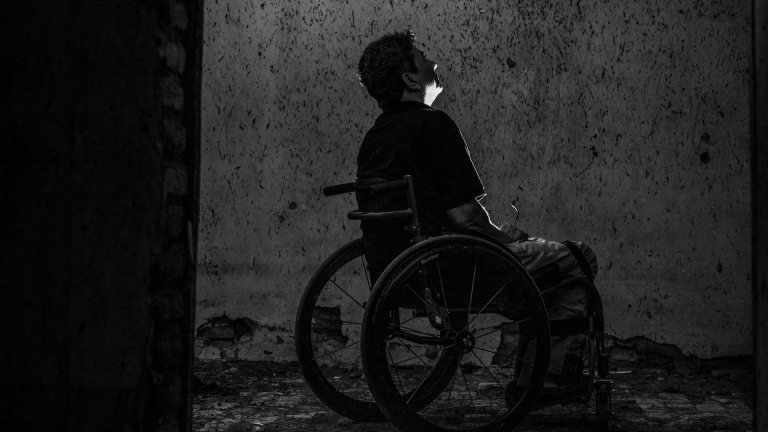Last year Centrepoint estimated that more than 119,000 young people in England faced homelessness – a record high and a 6% increase on the previous year.
Figures from the most recent financial year will no doubt show that the problem is getting worse, and new research commissioned by Centrepoint shows that local authorities are buckling under the strain of meeting their basic legal obligations to assess and support vulnerable young people.
Austerity has stripped back councils in England, meaning that they are simply not equipped to deal with these huge and increasing numbers.
It is a hugely brave moment when a young person approaches their local council to ask for help, but we estimate more than 40,000 of those who reached out last year weren’t even assessed and our latest data is shining a light on why.

The Homelessness Reduction Act (HRA) makes it a council’s legal duty to assess every person that presents to them, but it is becoming increasingly clear that they do not have the resources to carry out these duties. This then leads to councils having to make difficult decisions around who gets assessed and supported – and young people are often at the back of queue.
Despite significant investment from central government to tackle rough sleeping and homelessness more broadly over the last few years, it is evident that this is no longer enough. Demand for services and support is quickly outstripping supply and councils need more funding to deliver on their basic duties. But how much do they need?









